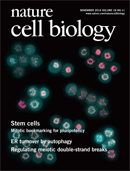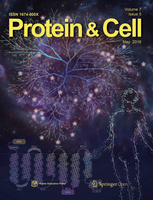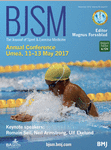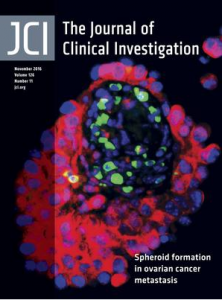 Last week, we learned a 2016 paper heavily discussed on PubPeer might be retracted — today, we learned that Nature Cell Biology has indeed pulled the paper, citing inappropriate image modifications.
Last week, we learned a 2016 paper heavily discussed on PubPeer might be retracted — today, we learned that Nature Cell Biology has indeed pulled the paper, citing inappropriate image modifications.
As we reported last week, a comment on PubPeer flagged as coming from an author said they had requested a retraction. A representative of National Taiwan University (NTU) told us the first author had resigned, and the paper was under investigation — an investigation which included the last author, a prominent researcher who is also a vice president at another institution in Taiwan.
Here’s Nature Cell Biology‘s official statement about the paper, in the form of a retraction notice that appears to be written by the authors: Continue reading Nature Cell Biology retracts hotly debated cancer paper



 A
A 


